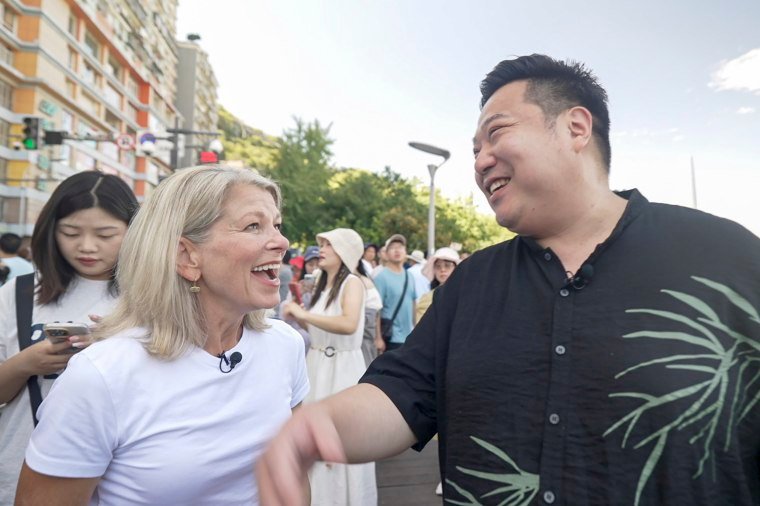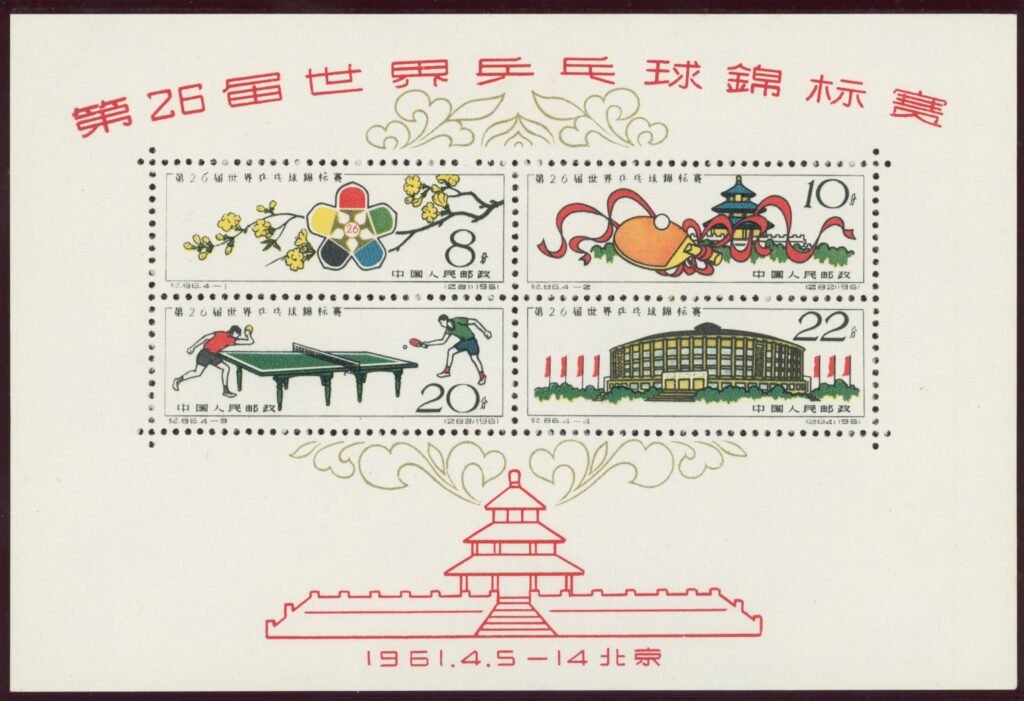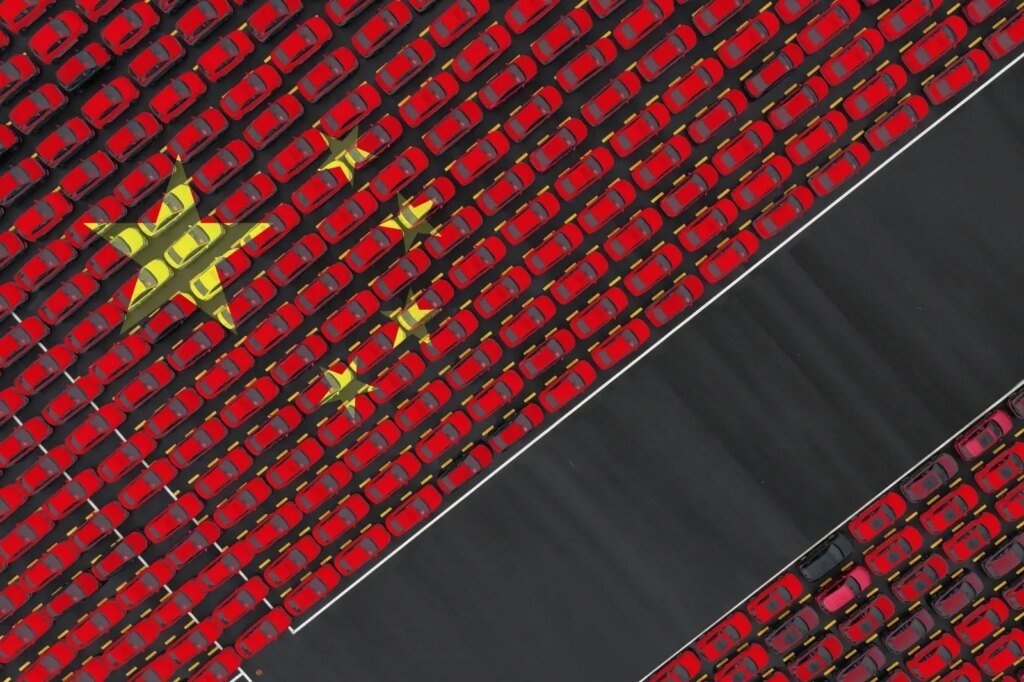Allowing US companies like Nvidia to compete in China fits the interests of both Beijing and Washington, according to Jensen Huang, the US chipmaker’s founder and CEO, as Chinese players gear up to be Nvidia-free.
Washington should allow its technology industry to compete globally – including in China – to “proliferate the technology around the world” and thereby “maximise America’s economic success and geopolitical influence”, he said.
China is “nanoseconds behind” the US, “so we’ve got to go compete”, Huang said, highlighting China’s progress in chipmaking and its manufacturing potential. He pointed to the country’s deep pool of talent, hustling work culture and internal competition across its provinces.
Do you have questions about the biggest topics and trends from around the world? Get the answers with SCMP Knowledge, our new platform of curated content with explainers, FAQs, analyses and infographics brought to you by our award-winning team.
“This is a vibrant, entrepreneurial, hi-tech, modern industry,” he said on BG2, a podcast hosted by tech investors Brad Gerstner and Bill Gurley.
Huang added that he hoped and believed China would remain open to outside investment, noting that Beijing has pledged to maintain “an open market”.
“What’s in the best interest of China is for foreign companies to invest in China, compete in China and for them to also have vibrant competition themselves,” he said on an episode released on Friday. “They would also like to come out of China and participate around the world.”
Nvidia’s graphics processing units (GPUs) are regarded as the backbone of training and running artificial intelligence models, which has helped push the company’s market capitalisation to record highs. But sales to China, one of the world’s biggest markets, have been disrupted by geopolitical tensions. Earlier this year, the US abruptly barred exports of the H20 – a downgraded chip tailored to comply with restrictions – before relenting after a 15 per cent levy to the US government was agreed.
Yet Chinese regulators’ stance remains ambivalent: a warm welcome to Huang when he visited China while continuing a nationwide push for semiconductor self-sufficiency.
A visitor takes photos of the Huawei Atlas 900 A3 SuperPoD, a computing cluster system, at the World Artificial Intelligence Conference in Shanghai on July 26, 2025. Photo: Chinatopix Via AP alt=A visitor takes photos of the Huawei Atlas 900 A3 SuperPoD, a computing cluster system, at the World Artificial Intelligence Conference in Shanghai on July 26, 2025. Photo: Chinatopix Via AP>
Chinese AI and semiconductor contenders have rushed to launch domestic alternatives, eroding Nvidia’s once-dominant market share. Sanctioned telecoms giant Huawei Technologies this month unveiled its long-awaited AI chip road map, showcasing clustering methods designed to bypass Nvidia as well as advanced manufacturing techniques beyond China’s current reach.
Internet giants which are also major cloud-services providers including Alibaba Group Holding, Tencent Holdings, ByteDance and Baidu are all investing heavily in chip research and design, either through in-house projects or external investments, to secure greater control over their supply chains.
A wave of start-ups has also gained attention. Cambricon Technologies‘ valuation has surged, Moore Threads Technology is preparing an initial public offering on Shanghai’s Nasdaq-style Star Market, and Enflame and MetaX are also attracting attention.
On the podcast, Huang dismissed doubts that the AI sector faces a glut of capacity.
“Until we fully convert all general-purpose computing to accelerated computing and AI, … I think the chances [of a glut] are extremely low,” he said.
“Nobody needs atomic bombs. Everybody needs AI.”
Nvidia has recently unveiled a series of major investments, including a US$5 billion purchase of a 4 per cent stake in Intel, and plans to invest up to US$100 billion in OpenAI over the coming years to build AI data centres. Such deals have fuelled investor confidence and lifted its stock price more than 62 per cent over the past six months to US$178, giving the company a market cap of US$4.3 trillion.
This article originally appeared in the South China Morning Post (SCMP), the most authoritative voice reporting on China and Asia for more than a century. For more SCMP stories, please explore the SCMP app or visit the SCMP’s Facebook and Twitter pages. Copyright © 2025 South China Morning Post Publishers Ltd. All rights reserved.
Copyright (c) 2025. South China Morning Post Publishers Ltd. All rights reserved.







